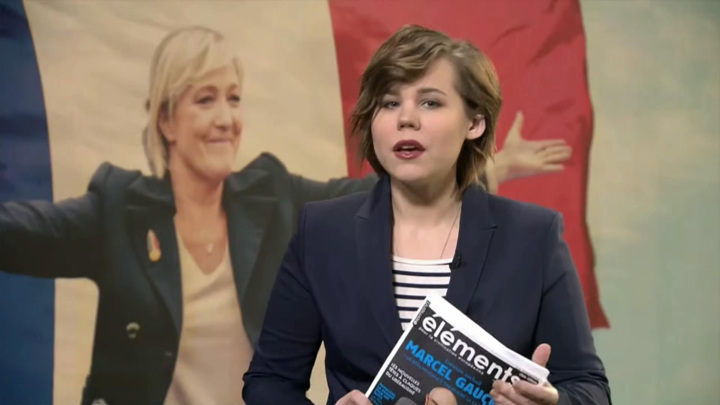Disclaimer: I consider anyone who genuinely feels sorry for a "kid" (= 30 y.o. war propagandist and a war crimes advocate) while the Ukrainian residential areas have been under bombing and shelling for months to be an absolute disgrace
That's well understandable though. An interesting thing about the pornocephals is that you could show them a young woman and they gonna support whatever agenda/ideology. Propagandists use this weapon so often cuz it works, that's it. Wankers gonna wank
Pornocephalia levels in the internet are truly astonishing. Perhaps, I underestimated how common this diagnosis is, while Putin got it correctly. That's why he chose a young woman rather than her old grey dad as a sacrifice lamb. It absolutely works, apparently 

1. Darya Dugina was almost certainly killed by the FSB
2. She was chosen *exactly* because she kinda fits into a young maiden stereotype. She makes a better sacrificial lamb than here dad
3. Kremlin did it to get a pretext for escalation in Ukraine and or/purges within Russia
2. She was chosen *exactly* because she kinda fits into a young maiden stereotype. She makes a better sacrificial lamb than here dad
3. Kremlin did it to get a pretext for escalation in Ukraine and or/purges within Russia
Darya Dugina was the opposite of innocence. That creature called for the total war publicly, but laughed over her own public agenda privately, seeing it as a joke. She thought she would boost her career at the cost of others' lives. But her higher ups decided otherwise. The end 

• • •
Missing some Tweet in this thread? You can try to
force a refresh





